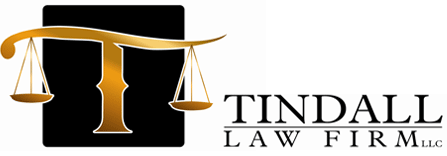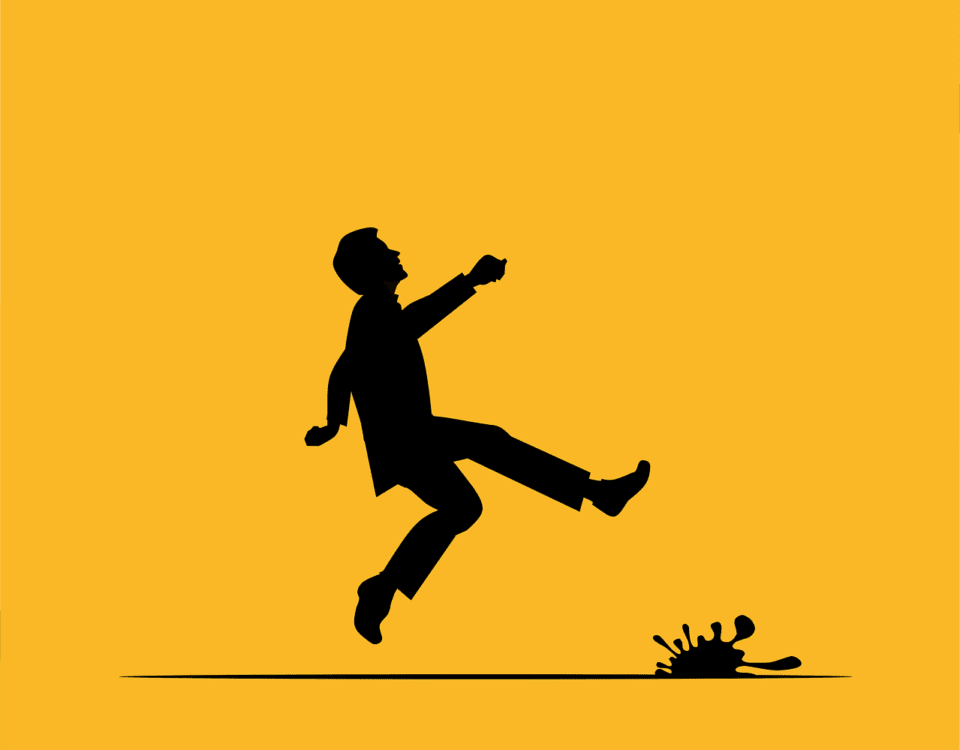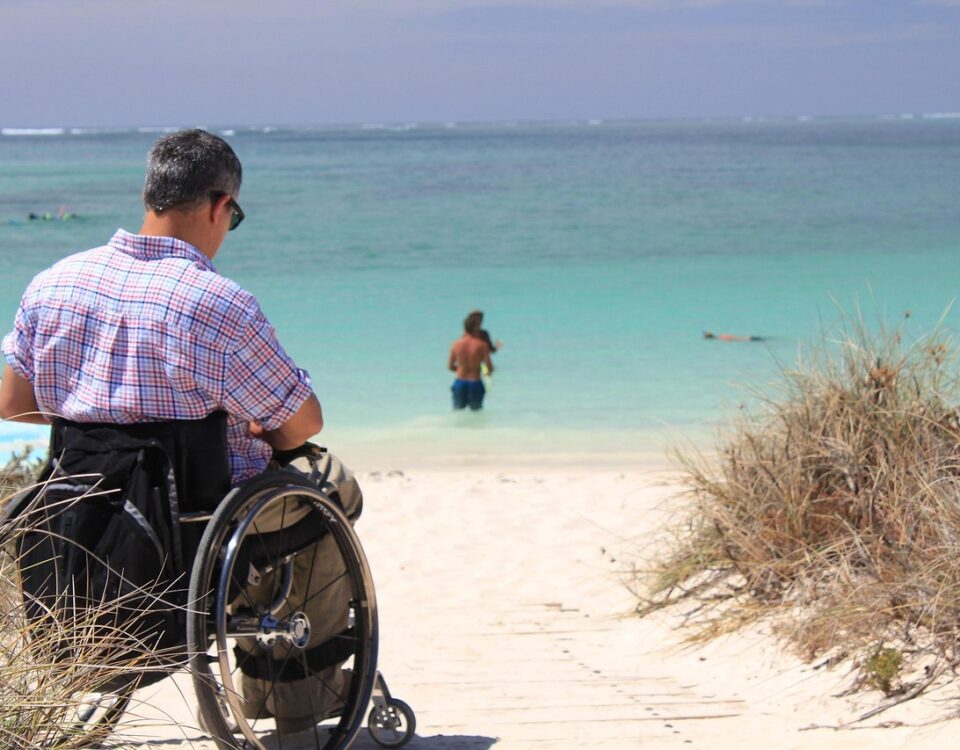Do I Owe if I Lose the Case Represented by an Attorney on a Contingency Basis?
A Tradition of Excellence
 Sampling of Successful Case Resolutions
Sampling of Successful Case Resolutions
 Read our answers to some frequently asked questions.
Read our answers to some frequently asked questions.
Statement
 View Our Mission Statement
View Our Mission Statement

Have you ever noticed a puddle…
July 26, 2023
Not Quite Calm After the Storm – How to Replace Your Lost or Destroyed Vital Documents
September 21, 2023First – What is a Contingency Fee?
If you are considering hiring an attorney to represent you in a legal matter, you may be wondering about contingency fees. A contingency fee is a type of fee arrangement in which the attorney only gets paid if you win or settle your case. This can be a great option for people who cannot afford to pay an attorney’s fees upfront.
However, you may be wondering what happens if you lose your case. Do you still owe the attorney any money?
The good news is that with our law firm Tindall Law Firm, LLC, you do not owe us any money if you lose your case on a contingency basis. We do not plan on losing and have enjoyed much success, but you need to know what this type of fee arrangement is. The attorney takes on the risk of not being paid if you lose – both the legal fees and costs of litigation that we front on your case, and they are only compensated if you are successful. In short, our law firm takes on all of the burden financially, and our clients take none of that burden, only reap the benefit after the case is successful.
This is how would we respond here in CT:
- “Would this still be considered a personal injury case?” In Connecticut law if the attorney is hired on a contingency fee agreement then the attorney does not receive any legal fees if the Plaintiff loses their case regardless of the theories of law upon which the attorney sues.
- “How are personal injury cases defined?” Personal injury cases in CT are usually defined as a claim made by one who has sustained injuries due to the wrongful conduct of another. The personal injuries can be caused by a faulty product, negligent or reckless operation of an automobile by another, dangerous premises not properly maintained by another, and other related type of claims.
- “In civil cases in general, when a plaintiff loses a case that has strong merits, is the plaintiff liable for the fees of the defendant’s attorneys?” Under CT law for the normal personal injury case the Plaintiff does not have to pay the legal fees of the defendant. The Plaintiff would only be on the hook for the costs of the defendant and sometimes small attorney’s fees of $500, if an offer to compromise for a certain amount is filed by the defendant in court and then the Plaintiff receives less than or the amount of the offer to compromise filed by the Defendant from the jury or court at a trial.
- “In personal injury cases, is the plaintiff’s contingent basis attorney liable for fees of the defendant’s attorneys?” No, but see answer to #3 above.
- “In personal injury cases, if the plaintiff’s case was dismissed in pretrial motions before the case reaches a trial, is the defendant and/ or his contingent-fee based attorney liable for the defendant’s attorneys?” No, under prevailing CT law.
You can learn more about personal injury lawsuits by visiting our personal injury FAQ.
For a free consultation, please call our Waterbury personal injury law firm at 203.755.0018 or contact us online. All cases are taken on a contingency fee basis. If we accept your case, you pay no fee unless we recover damages for you. Our office provides a welcoming, comfortable environment set in a refurbished Victorian house. Evening and weekend appointments may be available by request, and we have 3 Spanish speaking assistants for clients, who require translation.










